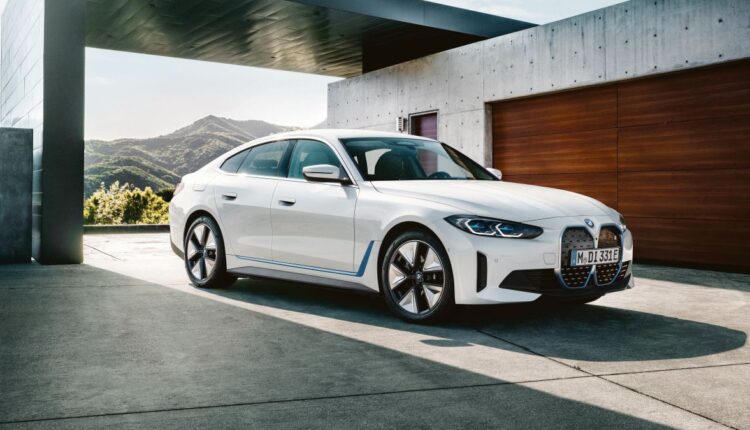The German car manufacturer BMW announced that it will keep cuts due to the crisis caused by the pandemic and the high prices of raw materials. They will reduce production costs per vehicle by 25 % until 2025.
Production manager Milan Nedeljkovic said that this decrease in costs will be compared to the level of 2019. To do this, he added, they will use software for better planning of the manufacturing process, more austere logistics and better use of existing plants.
The company estimates that this year it will face price increases of raw materials of up to one billion euros (about 1.19 billion dollars), because after the pandemic crisis many raw materials and semi-finished products are scarce and difficult to deliver, among others, steel.
He argued that, due to problems in the supply of electronic chips, BMW this year has a delay in the production of 30,000 cars, which the company plans to recover in the second half of the year.
Nedeljkovic recalled that a program of cuts from the time before the pandemic is still in force, which between 2019 and 2022 sought to lower costs by 12,000 million euros and the elimination of thousands of jobs. In addition, the reduction of the diversity of variants was planned, to simplify production.
The chairman of the board of directors, Oliver Zipse, foresees an increase in deliveries of between five and 10 % by 2021 to reach the 2019 level with some 2.5 million vehicles. In the medium term, he said, he aspires this decade still reaches three million vehicles.
The switch to electric motors could work in favor of production cost reduction from 2025. BMW wants to have 13 fully electric models on the streets by 2023.
Starting in 2025, the so-called “new class” will replace previous technical designs and will focus mainly on electric motors. By 2030, the company aims for half of the cars it sells worldwide to be equipped with an electric motor.
Source: dpa


